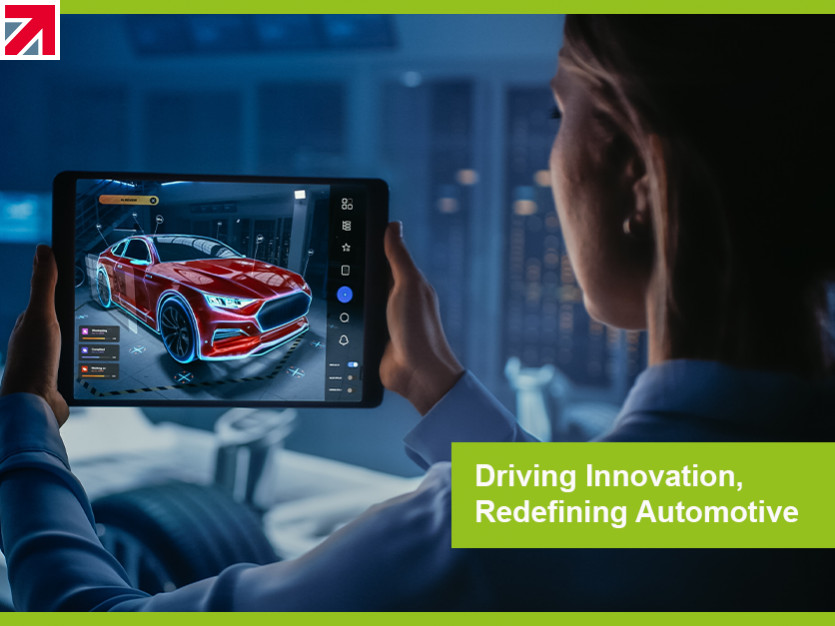The automotive sector is undergoing a major transformation, driven by new technology and evolving consumer needs. Autonomous driving is expected to increase annual mileage by 40% in Europe (PwC), while China is set to progress even faster than Europe and the US.
The EASCY Future of Cars
The future of cars is "EASCY": Electrified, Autonomous, Shared, Connected, and Yearly Updated. This shift is making vehicles smarter, more efficient, and more accessible. With younger generations embracing tech-driven solutions, demand is shifting towards flexible, on-demand transport and vehicle-sharing models.
Key Benefits of EASCY Vehicles:
-Sustainability: Electric vehicles reduce emissions and urban noise pollution.
-Convenience: Autonomous driving saves users time and reduces commuting stress.
-Affordability: Subscription-based models make car access more flexible and cost-effective.
-How Will These Changes Impact the Automotive Market?
The traditional five-to-eight-year model cycle is becoming obsolete, with cars evolving through frequent software and hardware updates. Instead of purchasing new vehicles outright, consumers will benefit from continual upgrades, particularly in shared mobility services. Increased accessibility to transport may also improve mobility for those with disabilities. However, empty journeys by autonomous cars could add to road congestion.
Declining Vehicle Inventory, Rising Sales
With vehicle sharing on the rise, the need for personal cars is expected to decline. PwC predicts that Europe's vehicle inventory will shrink by over 25% by 2030, while the US could see a 22% reduction. However, car sales are still projected to grow by 34%, driven by shorter replacement cycles for autonomous and shared models.
How Automotive Manufacturers Must Adapt
Traditional car manufacturers must rethink their strategies. Simply building and selling cars will no longer be enough, integrating mobility services with hardware is now essential.
To remain competitive, manufacturers must:
Prioritise customer-focused innovations, shifting from product sales to mobility services.
Implement flexible production models that allow for regular technology upgrades.
Seamlessly integrate digital solutions to enhance mobility experiences.
How ERP Can Support Automotive Manufacturers
With the industry evolving rapidly, Enterprise Resource Planning (ERP) systems offer essential support for manufacturers. ERP helps by:
-Streamlining operations through real-time data integration.
-Enhancing production and inventory management to meet changing market demands.
-Improving supply chain coordination for efficiency.
-Supporting quality and lifecycle management, tailored to automotive needs.
-Additionally, ERP can integrate with vehicle hardware to automate service updates and software upgrades, ensuring a smooth and connected user experience.
The Road Ahead
The shift towards EASCY mobility redefines how vehicles are owned, driven, and experienced. As manufacturers embrace this new era, ERP systems will be vital in optimising operations and driving innovation.
Are you an automotive manufacturer looking to stay ahead?
Contact WinMan to discover how our ERP solutions can support your success in this changing industry.
Find out more about WinMan ERP on their member profile page here
Member-created content 7 months ago | From members
